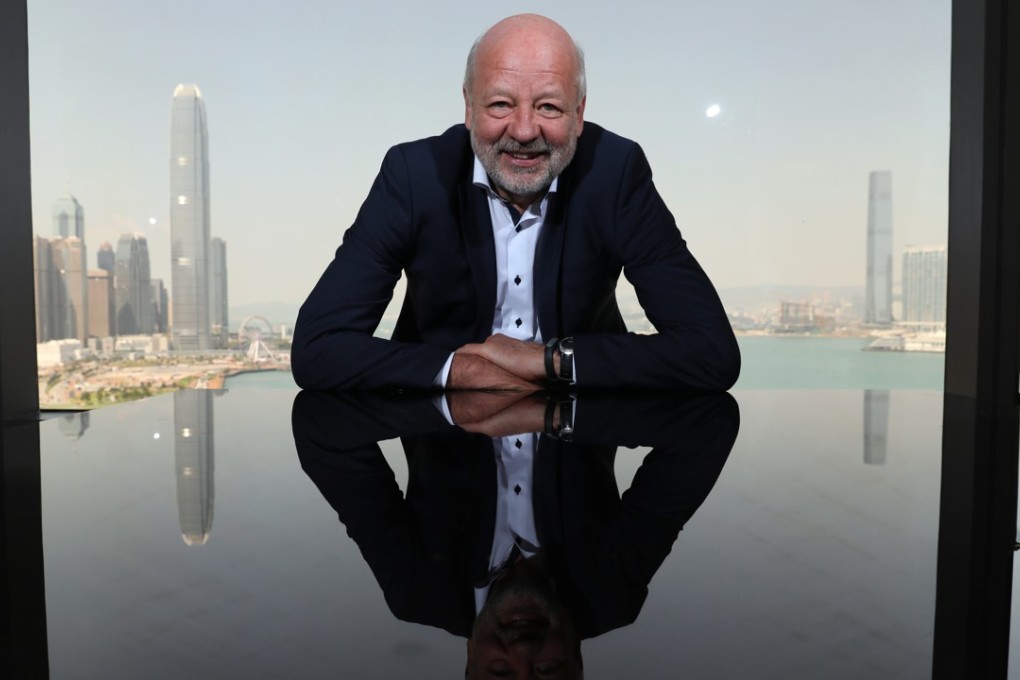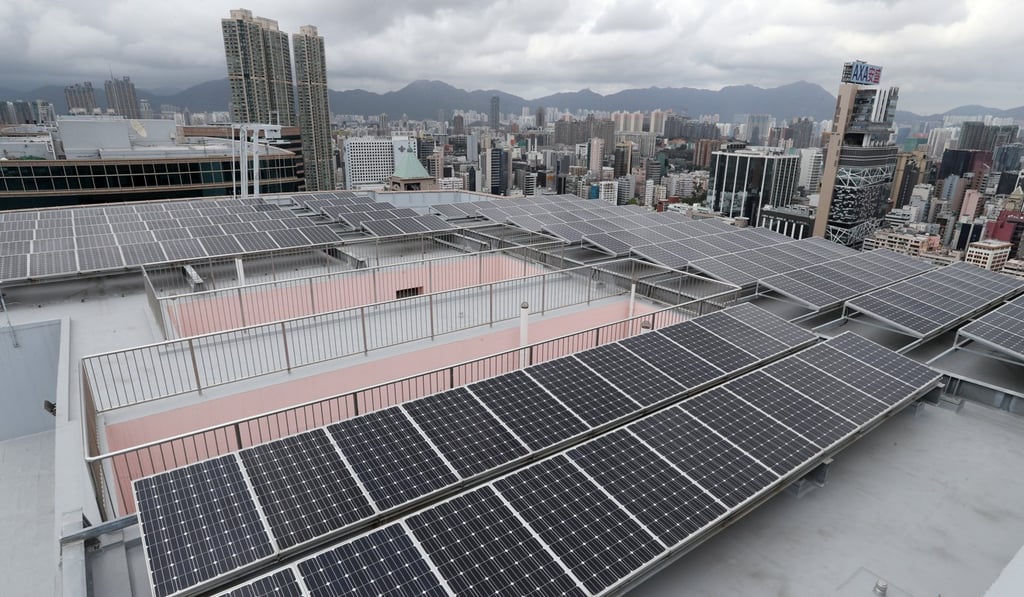Hong Kong can make full transition to renewable energy by 2050, says Lui Che Woo Prize winner Hans-Josef Fell – but only if city ‘really wants it’
City should tap into unexplored ‘bio-coals’, leverage on abundant organic waste and landfill gas for power, and import more clean sources, former German Green Party politician says

Falling costs and technological advances mean a 100 per cent transition to renewable energy in Hong Kong will be possible by 2050, an award-winning environmentalist has said.
The city should tap into unexplored “bio-coals”, leverage on abundant organic waste and landfill gas for power, and import more clean sources from abroad, said Hans-Josef Fell, a former German Green Party politician.

But all of this would need to be bolstered by a legislative framework, and a robust “feed-in tariff” programme that incentivised investment into renewables.
“It is possible, but only if you really want it,” Fell – widely regarded as the “founding father” of the global renewable energy movement – told the Post in Hong Kong.
He was in the city to receive this year’s prestigious Lui Che Woo Prize in the sustainable development category.